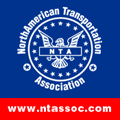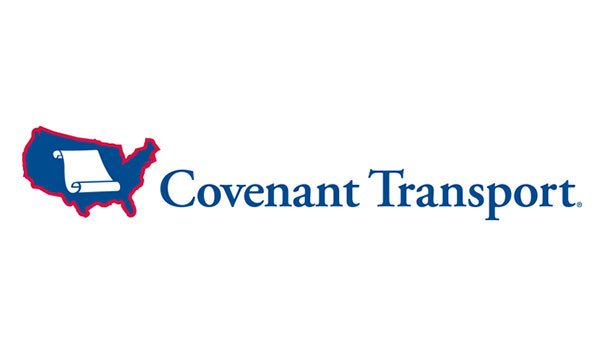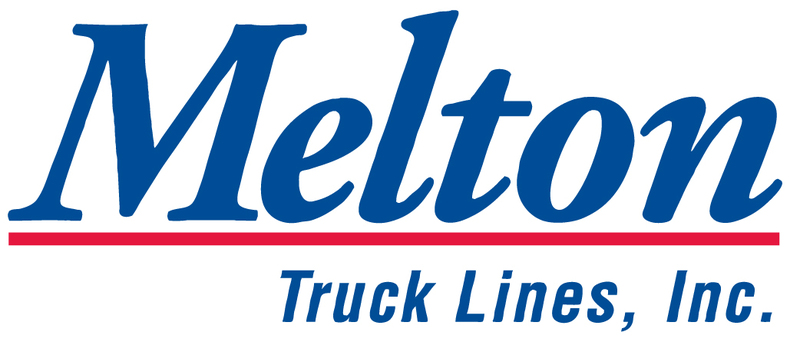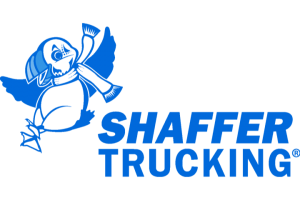Types of Trucking Authorities
Many times the question arises as to what are the various trucking authorities available. The right choice(s) can make the difference in the amount of money you can earn. The following is a brief description of definitions used by the Federal Motor Carrier Safety Administration.
There are a total of eight different authorities that you could apply for. You could obtain only one or all eight or a combination thereof. Of course, this is determined partially by whether or not you are going to have any trucks owned or leased. Having your own motor carrier authority gives you the opportunity to have owner-operators lease to your authority. Having your own broker authority gives you the opportunity to handle loads in excess of your own requirements through the utilization of other authorized motor carriers.
MOTOR CARRIER: A company that provides truck transportation. There are two types of motor carriers, private carriers and for-hire carriers. To operate as an interstate motor carrier, you must operate as either a private or a for-hire carrier.
PRIVATE CARRIER: A company that provides truck transportation of its own cargo, usually as a part of a business that produces, uses, sells and/or buys the cargo being hauled.
FOR-HIRE CARRIER: A company that provides truck transportation of cargo belonging to others and is paid for doing so. To operate as an interstate for-hire carrier, a company must also register with FMCSA. There are two types of for-hire carriers, common carriers and contract carriers. A for-hire carrier may be both a common and a contract carrier, but must file separate registrations to obtain both licenses.
COMMON CARRIER: Before January 1, 1996, this was a company that provided for-hire truck transportation to the general public. The services offered and the prices charged were published in a public tariff and these were the only prices the common carrier could charge.
CONTRACT CARRIER: Before January 1, 1996, this was a company that provided for-hire truck transportation to specific, individual shippers based upon private contracts between the carrier and each shipper, stipulating the services offered and the prices charged to each.
SELECTING "COMMON" OR "CONTRACT": The historical difference between these two types is reflected in the definitions immediately above. The ICC Termination Act of 1995 defines contract carriage as truck transportation provided under a contract, but, effective January 1, 1996, it no longer distinguishes between common or contract carriers. However, the Act specifically authorizes FMCSA to continue registering applicants as either common or contract carriers. The current principal distinction between the two types is that common carrier applicants must file proof of cargo insurance while contract carrier applicants are not required to do so.
FREIGHT FORWARDER: A company that arranges for the truck transportation of cargo belonging to others, utilizing for-hire carriers to provide the actual truck transportation. The forwarder does assume responsibility for the cargo from origin to destination and usually does take possession of the cargo at some point during the transportation. Forwarders typically assemble and consolidate less-than-truckload (LTL) shipments into truckload shipments at origin, and disassemble and deliver LTL shipments at destination. Forwarders must register with FMCSA. (Freight forwarders are not brokers.)
BROKER: Also a company that arranges for the truck transportation of cargo belonging to others, utilizing for-hire carriers to provide the actual truck transportation. However, the broker does not assume responsibility for the cargo and usually does not take possession of the cargo. Brokers must register with FMCSA. Another basic difference is that brokers arrange for truckload transportation whereby Freight Forwarders arrange for the transportation of less-than-truckload (LTL) shipments. (Brokers are not freight forwarders.)
GENERAL FREIGHT OR HOUSEHOLD GOODS (HHG) MOTOR CARRIER: After determining what type of authority you will need, now you will need to determine what you are going to transport. General freight actually includes everything except household goods. Additional certification is required for HHG movers as you must now certify that you are fit, willing and able to provide the specialized services necessary to transport household goods. And, that you will offer arbitration as a means of settling loss and damage disputes on collect-on-delivery shipments. And, that the operation will serve a useful public purpose responsive to a public demand or need.
BROKER OF HOUSEHOLD GOODS (HHG): You must certify that you are fit, willing and able to provide household goods brokerage operations and to comply with all pertinent statutory and regulatory requirements. And, that the involved services will be consistent with the public interest and the transportation policy.
BROKER SCHOOL: A good broker school could be an asset to you. Taking time to attend a one or two week quality broker school could be well worth the time and money spent. If interested, send me an email for additional information.
WHAT IS THE BEST AUTHORITY TO GET? In my opinion, if you have your own trucks or plan to lease trucks, the absolute best to have is motor carrier and broker authorities for the reasons stated above.
In all cases, my opinion is to also get your broker of household goods authority. This could be in the same name of your broker of general commodities authority or it could be in a different name reflecting the moving industry. You could operate the broker of household goods as a totally different entity and get your family and friends involved. Every house "For Sale" or "For Rent" is a potential shipper. How many of these shippers are in your area?
Want to learn more about the above or do you have questions about the trucking industry? I would be happy to help you. Please feel free to send your questions to rex@evilsizor.com.
Written by: Rex Evilsizor
















